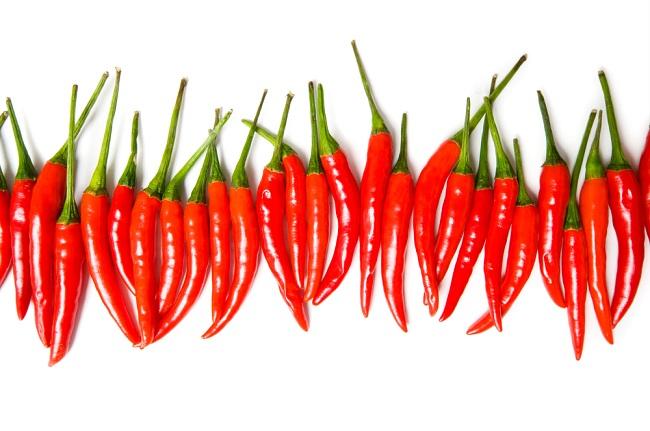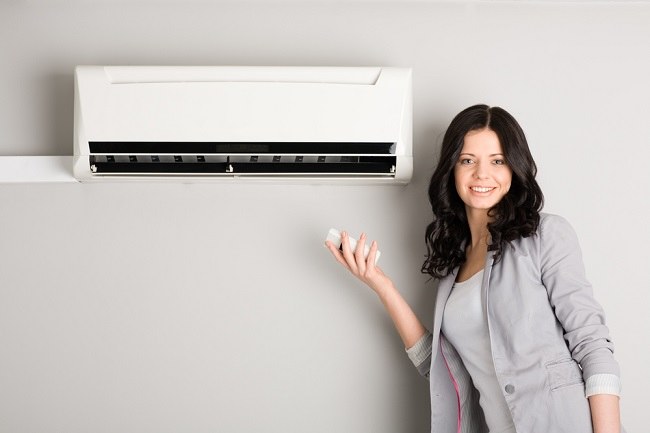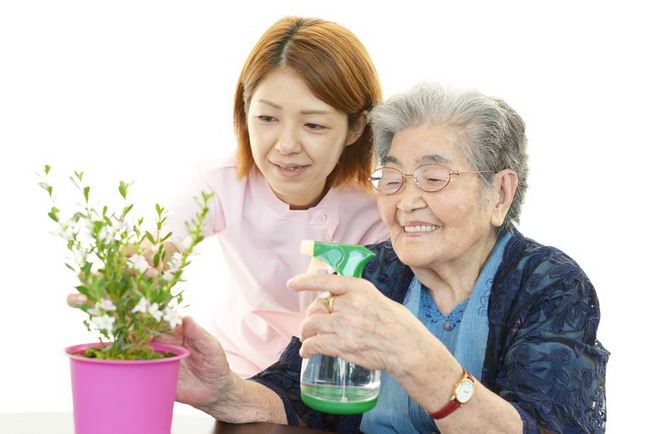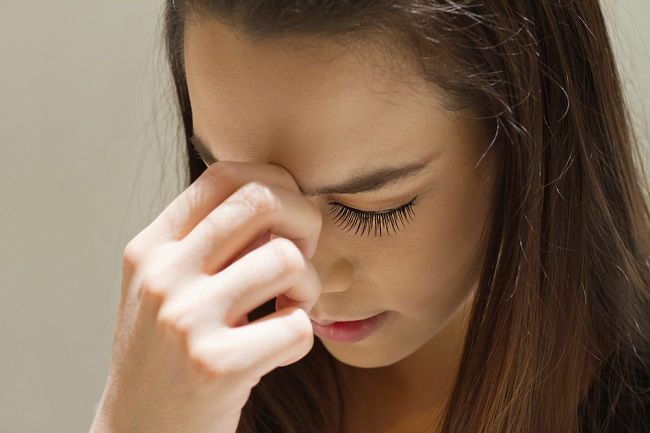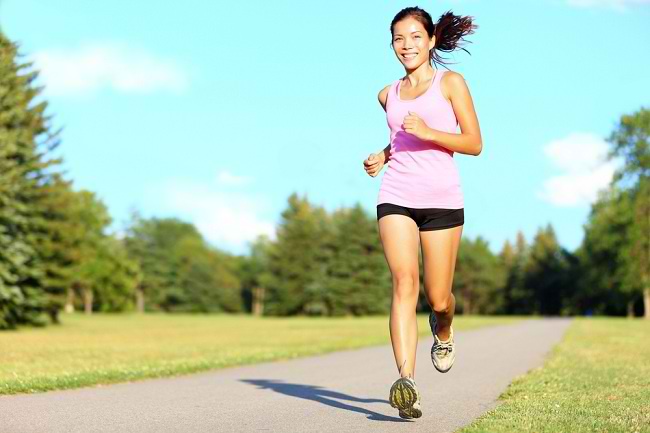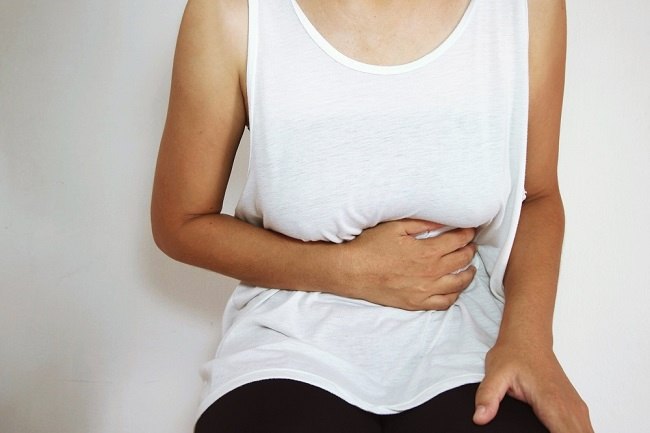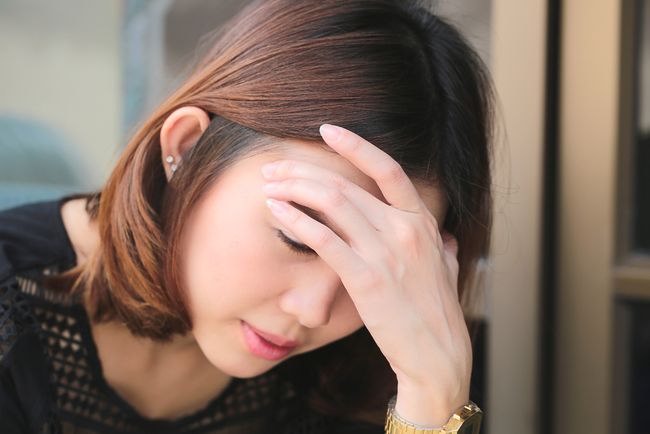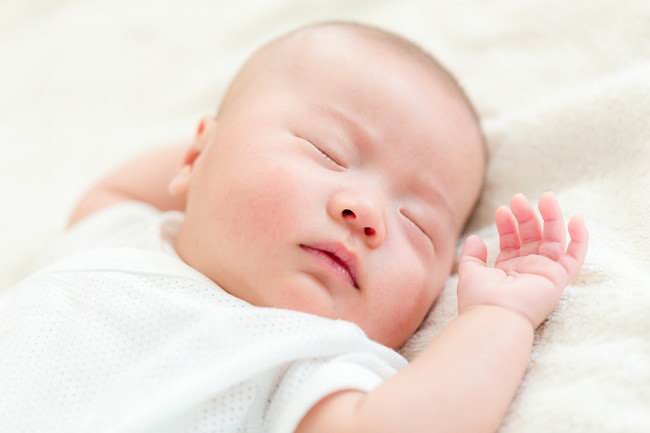Caring for elderly hypertension sufferers while at home can indeed make you confused and go awry, especiallywhen they want to determine the choice of food and physical activity according to their condition. Find out what it's like nursing care/askep hypertension in the elderly that are non-drug and you can do at home through this article.
Although assisted by medication from a doctor, people with hypertension are also expected to be able to control and prevent rising blood pressure as much as possible by making adjustments to their lifestyle and daily diet. In general, this adjustment is included in the non-pharmacological management of hypertension in the elderly (without medication). This Askep can be done at home while still taking the medicine that has been given by the doctor, and taking into account the risk of hypertension complications that may arise.

Hypertension is one of the most common clinical conditions experienced by the elderly with prevalence in this group exceeding 60 percent and continues to grow. The largest case is isolated systolic hypertension caused by increasing systolic blood pressure with age. Health care for hypertension in the elderly is considered mandatory because this condition is also a long-term and definite risk factor for stroke and cardiovascular disease in the elderly.
All elderly people with hypertension are recommended to receive non-pharmacological treatment to minimize cardiovascular risk factors and systemic diseases. The trick is to lose weight for the elderly who are overweight. Adjustments for hypertension in the elderly that are also non-drug and you can do at home, including:
- Limiting the amount of salt intake to prevent rising blood pressure. The level of salt (sodium/sodium) that is considered appropriate for people with hypertension aged 51 years or older is 1500 milligrams per day or about teaspoon per day. Also pay attention to the amount of salt that comes from processed foods, such as frozen foods and canned soups.
- Increase consumption of fruits, vegetables, whole grains, fish, poultry and low-fat dairy foods, especially those low in saturated fat and trans fat.
- Quit smoking and limit alcohol consumption. Alcoholic beverages can increase your weight and blood pressure. Meanwhile, smoking can damage the walls of blood vessels and accelerate the process of hardening of the arteries.
- Manage stress and increase physical activity. Exercising will help you deal with stress as well as lower blood pressure and various health risks. You can try relaxation techniques, breathing or meditation, and try to get enough sleep. Do aerobic exercise, such as walking, swimming, and running regularly, because this exercise is believed to increase levels of good cholesterol (HDL) and reduce the risk of cardiovascular disease. Always accompany and monitor the elderly when exercising or doing physical activities, to prevent injury.
Regularly check the blood pressure of the elderly so that they can observe various types of development and potential complications from drug therapy or physical therapy that is being undertaken. Askep for hypertension in the elderly will be difficult and difficult to do for both parties, both for the sufferer and the family. However, with controlled blood pressure, sufferers may not need to visit the doctor too often or be hospitalized. Don't stop taking or change the type of medicine your doctor has given you without consulting your doctor first.
Families should provide information about hypertension and the various impacts and risks of complications for patients as correctly and clearly as possible so that symptoms of complications, such as heart failure or visual disturbances, can be anticipated early on.
Elderly hypertensive patients are generally not aware of this. Or, they could also experience memory loss as one of the effects of hypertension experienced without the appearance of early symptoms. Remind also that it is highly recommended to ask for hypertension in the elderly, because taking too many drugs can increase the risk of side effects or worsen existing conditions.
By living a healthy lifestyle, exercising regularly, and maintaining an ideal body weight, hypertension in the elderly can be prevented and handled better. A healthy lifestyle and hypertension treatment that is monitored by a doctor is an ideal hypertension treatment step. Discuss with the doctor how it is best to convey information about hypertension and its management to elderly hypertensive patients so that it can be received as well as possible.
